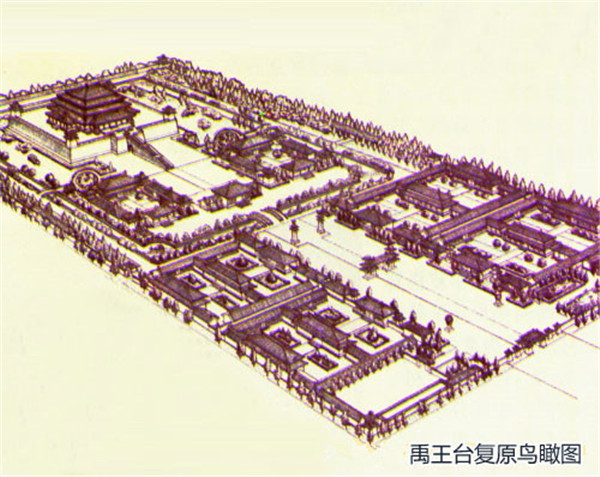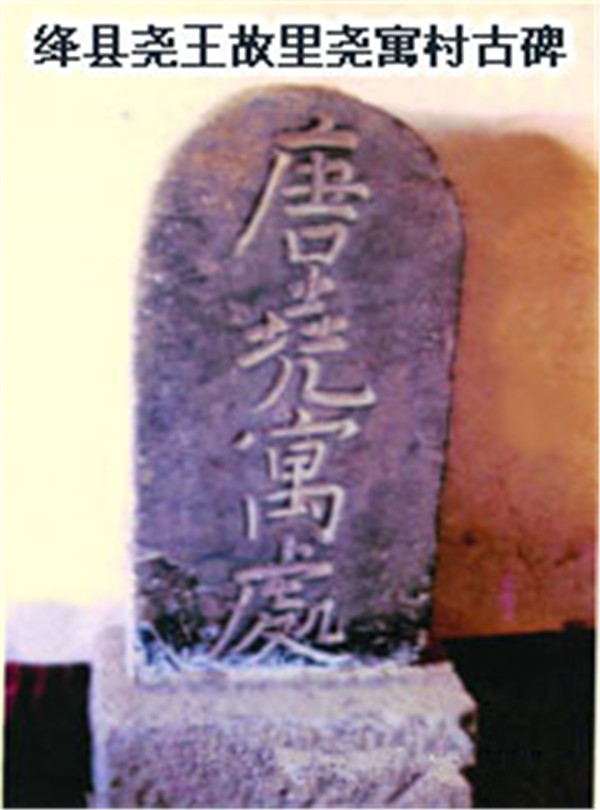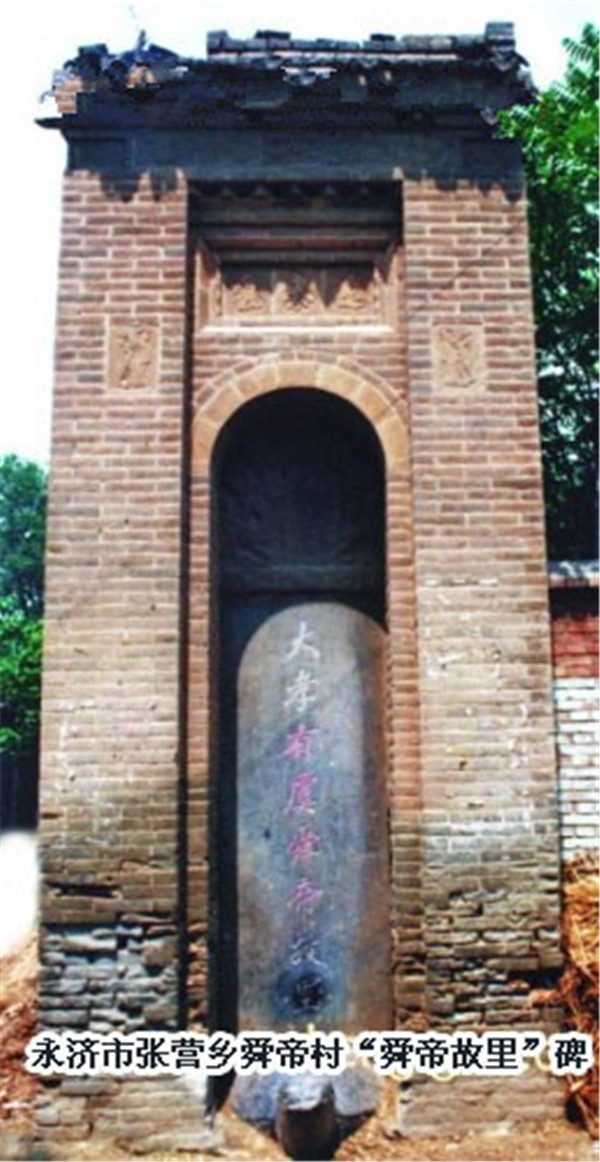
Where did China's urban culture originate? The answer is the city of Yuncheng with a profound history, living culture and bright civilization.
In the primitive period, from Emperor Yan and Yellow Emperor, the ancestors of the Chinese nation, to Emperors Yao, Shun and Yu, they all worked in Hedong, making great contributions to the formation, development and prosperity of the Chinese civilization. By the time of Emperors Yao, Shun and Yu, the society in the middle and lower reaches of the Yellow River had entered a relatively rapid stage of development. The level of social productivity had been greatly improved, and the social civilization had made considerable progress. The state of Tang, which was founded by Emperor Yao, had a high degree of etiquette, and it was the first time in the history of the Chinese nation that the country was deeply branded. Therefore, the book Tong Zhi said: the ancient sage Fu Xi had the surname of the clan, Shen Nong began to call the emperor, Emporor Yao and Shun began to establish the state.

Yao was born in the village of Yaoyu, Jiangxian County, Yuncheng City. The preface to the record of Jiangxiang County in the Jiajing year of Ming Dynasty said, "Jiangxian County is Yao's hometown.” And Song of the JiangshanMountainhad the same record that the Jiangxian County was the hometown of Emperor Yao. For Yao was talent and intelligent since his childhood, he supported and assisted his elder brother Zhi in the management of world affairs at his age of 12. After he became the chief, he made Puban (now the city of Yongji) the capital, and then moved to Pingyang (now the ctiy of Linfen) (recorded in the Annals of Puzhou).
Emperor Yu built his capital in the county of Anyi ( now the Yuwangcheng village, the county of Xia, the city Yuncheng). In the book The Imperial Age, it is clearly stated: "shun's capital was Puban and Yü made capital the county of Anyi the capital..., now the old city is built on the city base......." It is also recorded in the book Water Classics: the county of Anyi was also the capital of Yü's state. Yü married a girl from Tushan Mountain who missed her own country very much so that Emperor Yü built a platform for her to look at her hometown in a distant way. After having successively controlled the flood, Emperor Yü established the administrative region of ancient China. He divided the country into nine states, which is why China is called "nine states". Yüwang city is divided into big, medium and small districts, the total area being 13 square kilometers, large-scale and of a complex structure. At the same time, it is the first slavery dynasty in China's history. The capital of Xia dynasty was established here and China's first state rose up, which was recognized in the world historical circle. Therefore, the Yüwang city is known as the first state of China. Emperor Yü laid the foundation for the establishment of the Xia dynasty, so he was called "Xia Yu" by later generations.

An important reason why Emperors Yao, Shun and Yü established their capitals in the city of Yuncheng, for there was a naturally-formed Salt Lake. The capital of the Yü state, the county of Anyi, is only 20 kilometers away from the Salt Lake. The capital of Yao state and Shun state was only 60 kilometers away. The three holy kings chose the imperial capital near the Salt Lake in order to make full use of the natural resources of the Salt Lake, so that their tribe could survive, multiply, develop and prosper.
It has laid a solid foundation for the formation of China's early states and played a great role in promoting China's society into the era of civilization. After the death of Emperor Yü, his son Qi broke the traditional system of abdication and established the hereditary system of kingship. The history of our country began to change from the tribal alliance system to the clan-cored governing system. From the slave society to the feudal society, successive rulers built the capital city larger and larger, and the urban cities, in a certain sense, has become a symbol of the civilization and progress of times.



